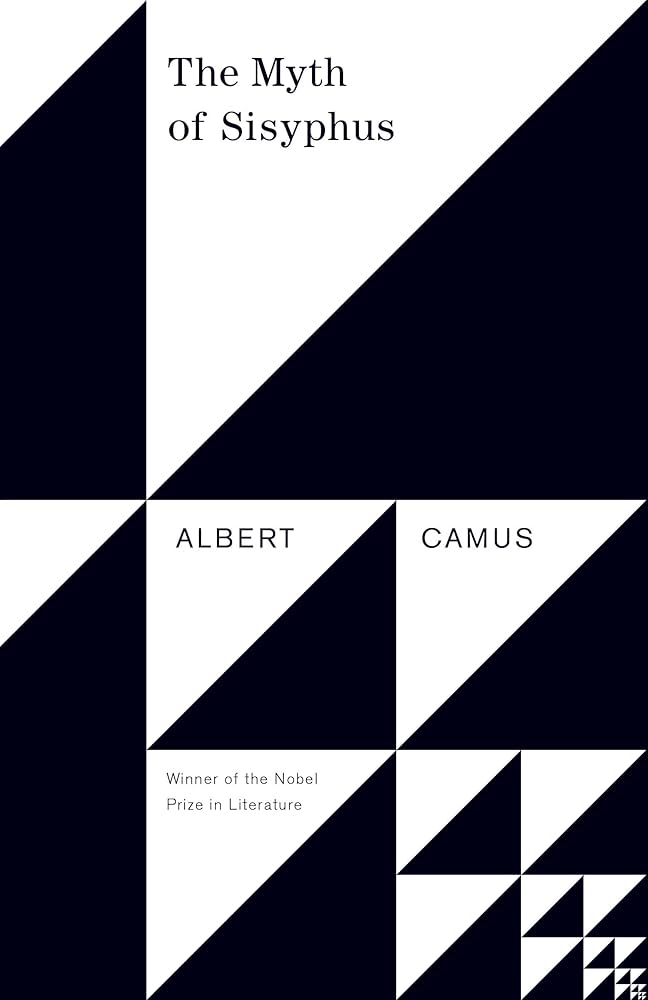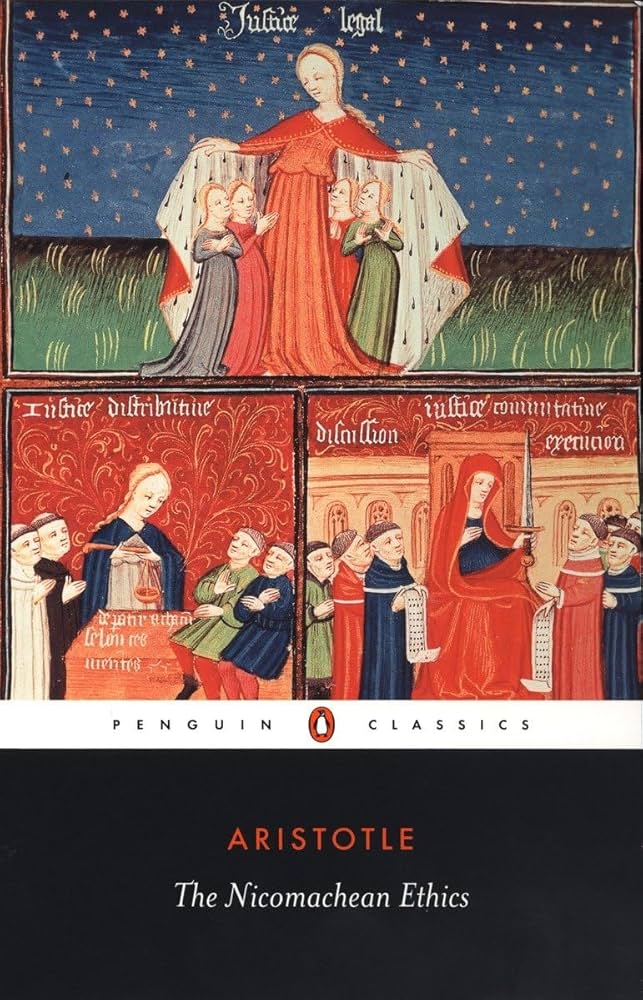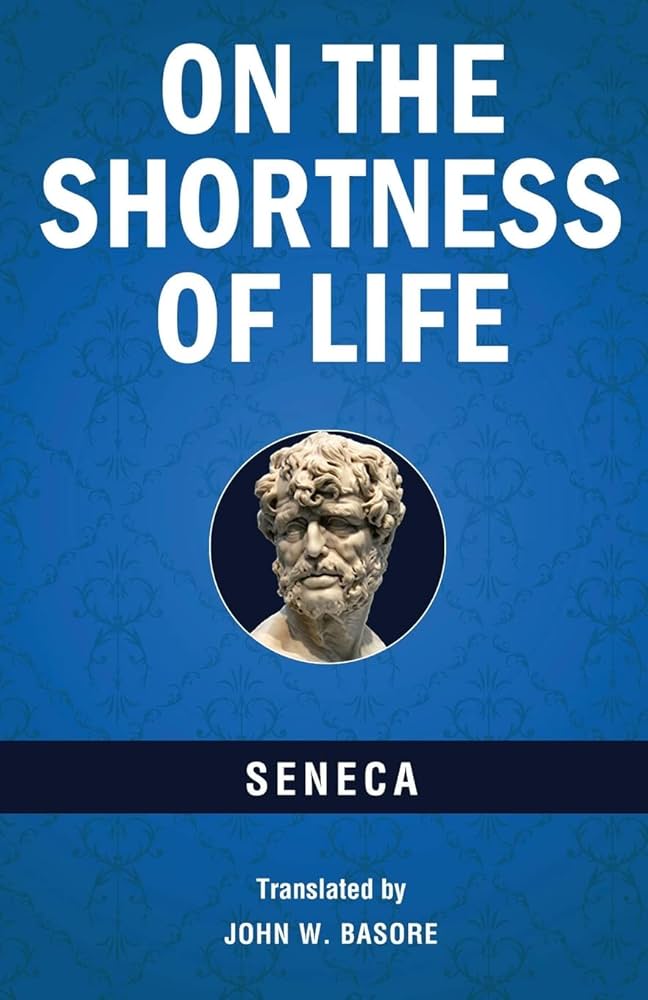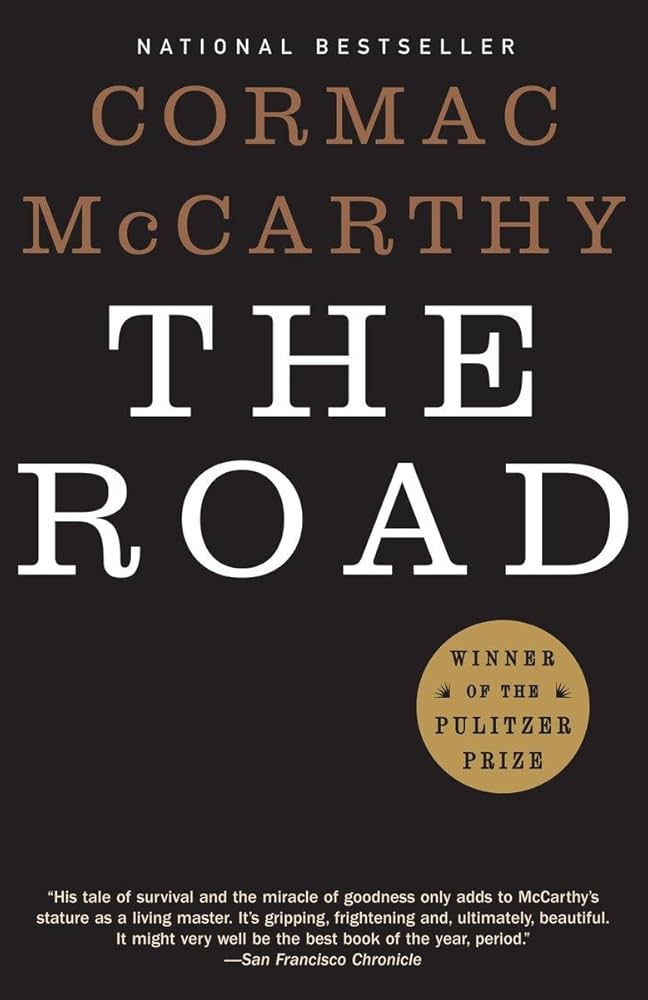Description
The Myth of Sisyphus by Albert Camus is a philosophical essay that explores the theme of existentialism, focusing on the absurdity of life. Camus uses the Greek myth of Sisyphus, who is condemned to roll a boulder up a hill for eternity, as a metaphor for the human condition. He argues that life is inherently meaningless, but instead of succumbing to despair, individuals must confront the absurd and find meaning through personal rebellion and resilience. Camus presents the idea of “philosophical suicide,” where people escape the absurd by adopting illusory beliefs. The work challenges readers to embrace life’s futility with courage, finding freedom in the acceptance of the absurd. The Myth of Sisyphus is a cornerstone of existentialist thought, emphasizing personal strength in the face of life’s inherent lack of meaning.










Olatunde –
“The Myth of Sisyphus” is an enlightening exploration of the concept of absurdity. Camus’s profound insights and philosophical musings delve into the nature of existence, purpose, and the human condition. Through the allegory of Sisyphus, the author provides a thought-provoking perspective on how to find meaning and purpose in a seemingly meaningless world. His philosophical arguments are both engaging and thought-provoking, challenging readers to reconsider their own perspectives on life and existence.
Adesola –
“The Myth of Sisyphus” by Albert Camus is a profound exploration of the absurdities of existence and the indomitable spirit that humans can wield in the face of it. Through the allegorical tale of Sisyphus, Camus masterfully conveys the idea that even amidst the seemingly futile nature of our struggles, we have the choice to live with purpose and meaning. This book challenged my perspectives on the human condition and inspired me to embrace the paradoxical nature of life with a newfound sense of resolve and optimism.”
Bunmi –
“I was deeply moved by ‘The Myth of Sisyphus’. It forced me to confront my own mortality and the meaninglessness of life. Yet, Camus’s philosophical musings on absurdity and the significance of personal rebellion resonated with me. Through Sisyphus’s endless task, I found a profound sense of resilience and the indomitable spirit of humanity. Despite the absurdity of our pursuits, Camus argues that we must embrace them with courage and defiance. ‘The Myth of Sisyphus’ challenged my preconceptions, inspired me with its philosophical depth, and left an indelible mark on my understanding of life’s journey.”
Rotimi –
“This book, ‘The Myth of Sisyphus’, is a masterpiece of philosophy. It is a profound exploration of the meaning of life and the human condition. Camus’s writing is lyrical and evocative, drawing the reader into the depths of Sisyphus’s struggle and revealing the absurdity of our own existence. Through the allegory of Sisyphus, Camus posits that we must embrace our fate and ultimately find meaning in the meaningless act of living. ‘The Myth of Sisyphus’ is a must-read for anyone grappling with the existential crisis, offering both solace and a renewed sense of purpose in navigating the inevitable challenges of life.”